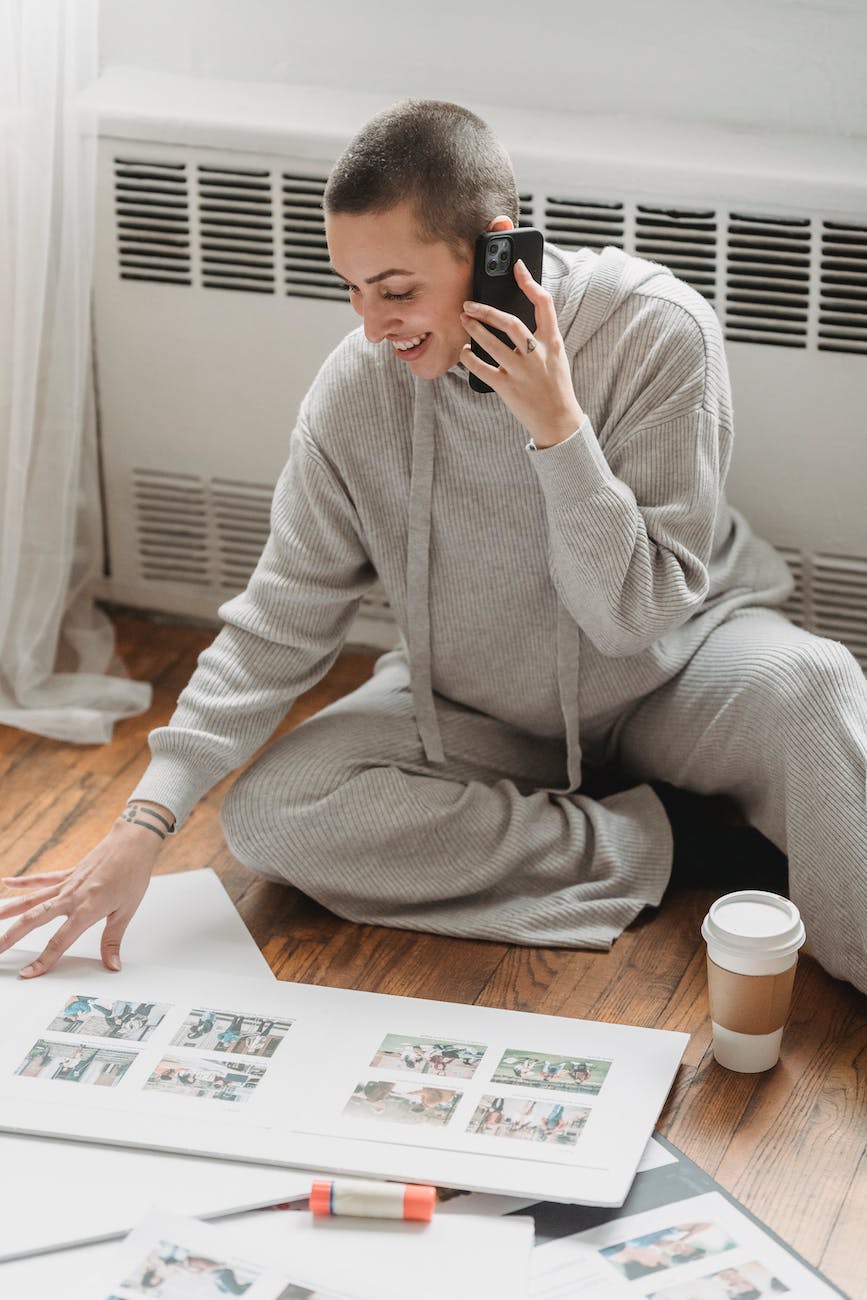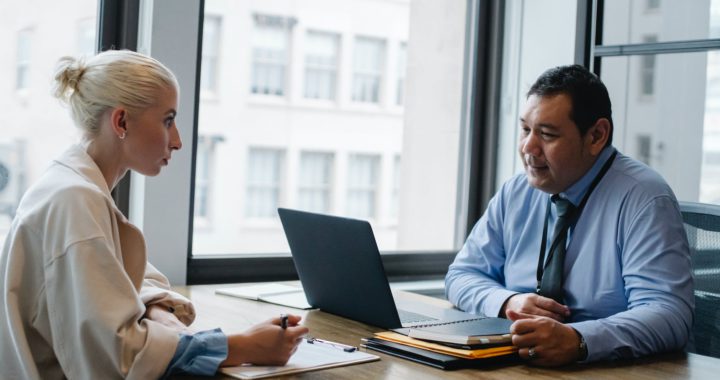Job Interview-Meaning?
Table of Contents
A job interview is an interrogation consisting of a conversation between a job applicant and a representative of an employer which is conducted to assess whether the applicant should be hired. Interviews are one of the most popularly used strategies for employee selection.

Even when you have gone on more interviews than you can count, job interviewing remains difficult.
With each job interview, you are meeting new people, selling yourself and your skills, and often getting the third degree about what you know or don’t know. And, you need to stay upbeat and enthusiastic throughout. This can be a challenge, especially when you’re interviewing for a job you would love to get hired for.
That said, there are ways to make a job interview feel much less stressful.
Just a little preparation time can go a long way. The more time you take in advance to get ready, the more comfortable you’ll feel during the actual interview. Remember, though, that a job interview is not an exam: you don’t need to study for hours. Instead, prioritize researching the company. That way, you’ll understand exactly what they are looking for in a new hire, and be ready to discuss your experience and what makes you a great fit for the job.
Job Interview Note
It is a good idea to focus on your communication skills in particular, so you can speak clearly and concisely about what (the assets) you can offer the employer.

Tips That Will Help You Get Hired During A Job Interview
Below are some interview tips that can help your interview effectively. Proper preparation will help alleviate some of the stress involved in job interviews and position you for a positive and successful interviewing experience.
Practice and Plan
Review the typical job interview questions employers ask and practice your answers. Strong answers are specific but concise, drawing on concrete examples that highlight your skills and back up your resume.
Your answers should also emphasize the skills that are most important to the employer and relevant to the position. Be sure to review the job listing, make a list of the requirements, and match them to your experience. Even the well-prepared response will fail if it does not answer the exact question you are being asked by the employer.
It’s important to familiarize yourself with the best answers, and equally important to listen carefully during your interview. That way, your response will provide the interviewer with the information they are looking for.
Research the Company, and Show What You Know
Do your homework and research the employer and the industry, so you are ready for the interview question, “What do you know about this company?” If this question is not asked, you should try to demonstrate what you know about the company on your own.
You should be able to find out a lot of information regarding the company’s history, mission, values, staff, culture, and recent successes on its website. If the company has a blog and a social media presence, they can be useful places to look onto.
Get Ready Ahead of Time
Don’t wait until the last minute to pick out an interview outfit, print extra copies of your resume, or find a notepad and pen. Have one or more good interview outfits ready at all times, so you can interview on short notice without having to worry about what to wear.
Note
When you have an interview lined up, get everything ready the night before.
Not only will planning out everything (from what shoes you will wear, to how you’ll style your hair, to what time you will leave and how you’ll get there) buy your time in the morning, but it can also help reduce job search anxiety, and save you from having to make decisions, which means you can use that brainpower for your interview.
Make sure your interview outfit is neat, tidy, and appropriate for the type of firm you are interviewing with. Bring a nice portfolio with extra copies of your resume. Include a pen and paper for note-taking.
Be on Time (Don’t Go Late)

Be on time for the interview. On time means five to ten minutes early. If need be, drive to the interview location ahead of time so you know exactly where you are going and how long it will take to get there.
Take into consideration the time of your interview so you can adjust for local traffic patterns at that time. Give yourself a few extra minutes to visit the restroom, check your outfit, and calm your nerves.
Try to Stay Calm During the Job Interview
During the job interview, try to relax and stay as calm as possible. Remember that your body language says as much about you as your answers to the questions. Proper preparation will allow you to emanate confidence:
- As you answer questions, maintain eye contact with the interviewer.
- Be sure to pay attention to the question so that you don’t forget it, and listen to the entire question (using active listening) before you answer, so you know exactly what the interviewer is asking.
- Avoid cutting off the interviewer at all costs, especially when he or she is asking questions.
- If you need to take a moment to think about your answer, that’s totally fine, and is a better option than starting out with multiple “ums” or “uhs.”
Develop a Connection with the Job Interviewer
In addition to indicating what you know about the company, you should also try to develop a connection with your interviewer. Know the interviewer’s name, and use it during the job interview.
If you’re not sure of the name, call and ask before the interview. And, listen very carefully during introductions.
People hire candidates they like and fit for the company’s culture

Follow Up After the Job Interview
Always follow up with a thank-you note reiterating your interest in the position. You can also include any details you may have forgotten to mention during your interview.
Note
If you interview with multiple people from the same company, send each one a personal note. Send your thank-you email within 24 hours of your interview.

Ultimately it is a necessity to project confidence, stay positive, and be able to share examples of your skills and your qualifications for the job
Take the time to work on your interview skills so that you can develop effective strategies to use in all of your interviews. With some advance preparation, you’ll be able to nail the interview and showcase the experience that makes you the ideal candidate for the company’s next new employee.
Candidate looking for an employment should avoid blunders and errors during the interview process.
Effective research and practices must be done before the actual date of the interview.

